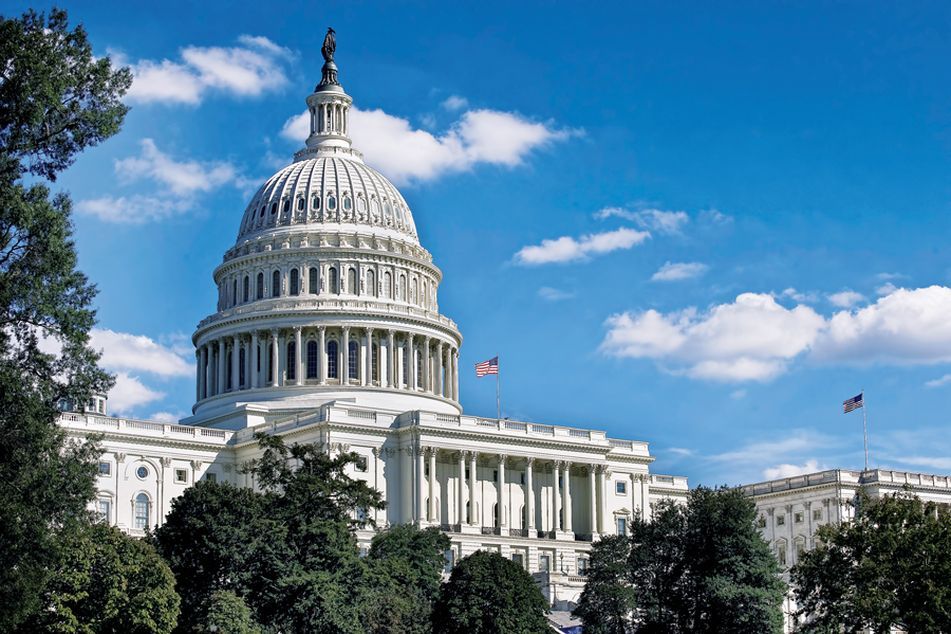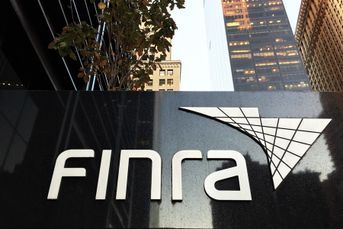Advisers reportedly gouged PPP loans by $36 million

Nearly a quarter of RIAs eligible for assistance received loans in the first round of the program last year, according to a recent study. Firms that abused the program were much more likely to disclose a history of past fraud and other legal or regulatory misconduct.
Financial regulators have made no secret that they have been making inquiries into brokers and financial advisers who incorrectly or inappropriately applied to federal loan programs for small businesses feeling economic pressure due to the Covid-19 pandemic.
And a recent study paints another layer of detail into the potential abuses of registered investment advisers who may have taken advantage of the federal Paycheck Protection Program, with RIAs gouging the federal loan program last year for more than $36 million.
According to the study, titled “Fraud and Abuse in the Paycheck Protection Program? Evidence from Investment Advisory Firms,” nearly a quarter of Securities and Exchange Commission RIAs eligible for PPP funds, or 2,999 firms out of 12,643, received loans in the first round of the program in the spring of 2020, for a total of more than $590 million.
“Investment advisers abusing the program were significantly more likely to disclose a history of past fraud and other legal and/or regulatory misconduct,” according to the study, which was written by William C. Beggs of the University of San Diego and Thuong N. Harvison of the University of Arizona.
“Using a conservative approach, we estimate that more than 6% of the $590 million in PPP funds received by companies in the investment management industry consisted of statutory overallocations to firms abusing the program,” according to the study, which noted that the PPP program loaned a staggering $659 billion to U.S. small businesses.
RIAs with $100 million or more in client assets register with the SEC; those with less in assets are registered with the states.
For the PPP loans to be forgiven by the federal government, the proceeds of the loans needed to be spent on employees’ salaries, health care costs and other expenses. The loan program was aimed at buoying businesses with less than 500 employees; the vast majority of RIAs are small firms and meet that limit.
Two factors indicating potential red flags regarding RIAs and PPP loans stood out, according to the study, which was first published last year but was most recently revised in April.
First: RIAs that received PPP loans greater than what the payroll of the firm indicated it would need; and, second, regulatory issues in the background of the firm.
The study looked to identify “abnormal loans, i.e., advisers that received loan amounts much greater than their payroll sizes dictated,” according to the paper.
Other indicators of abusing the PPP system were “past fraud and past legal or regulatory misconduct disclosed by the firm” and “are associated with the receipt of abnormally large PPP loans by investment advisory firms.”
RIAs typically procured one loan from the program, according to the study, but 53 advisory firms received more than one loan.
Learn more about reprints and licensing for this article.







